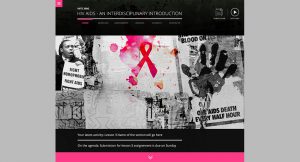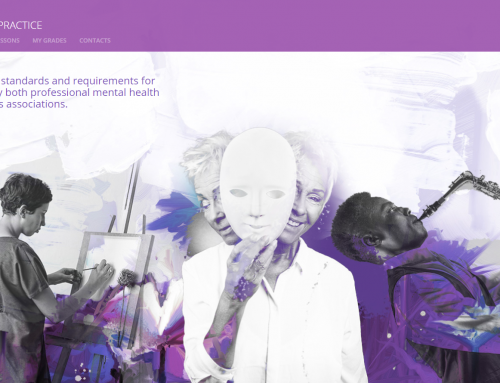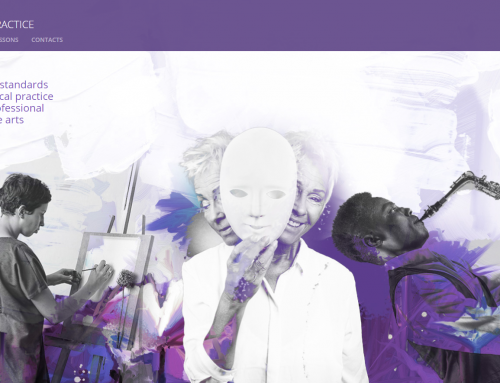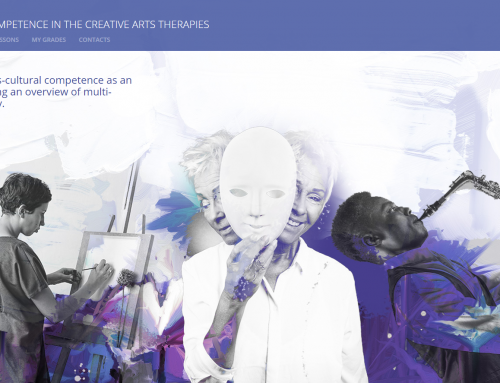Project Description
The HIV/AIDS pandemic continues to raise complex scientific, social, cultural, and economic challenges around the world. HIV/AIDS has focused attention on sex, drug use, risk, and mortality and called into question preconceived notions of identity (sexual orientation, ethnicity, gender, class, ability, age, etc.). It has reshaped our understanding of individual and collective rights, art and activism, illness, medicine, and the role of science in contemporary life. Studying its history and impact brings us face to face with global economic and political inequalities.
This course provides an interdisciplinary survey of the major issues and challenges raised by HIV/AIDS, introducing students to its science and history and inviting critical reflection on social and cultural responses to the pandemic. Students will examine the politics, ethics, values, beliefs, and behaviour that inform responses to HIV/AIDS at local and global levels and the roles played by community groups, civil society organizations, governments, heath care professionals, religious authorities, business leaders, scientists, artists and cultural producers, and people living with HIV/AIDS. The stigmatization and marginalization the pandemic has unleashed and the impact of legal frameworks, cultural obstacles, and institutional inertia are also assessed. Online discussion and exploration of the internet as an interactive environment for learning about HIV/AIDS are also a focus of the course. Readings cover a range of key literature and critical perspectives.
An introduction to the anthropological study of culture. The course begins with a consideration of the concepts, models, and methods used by anthropologists. This is followed by an examination of the many ways in which peoples of the world, past and present, have organized the activities, institutions, and belief systems that sustain social life. The course concludes with a discussion of the relevance of cultural anthropology to contemporary issues.




